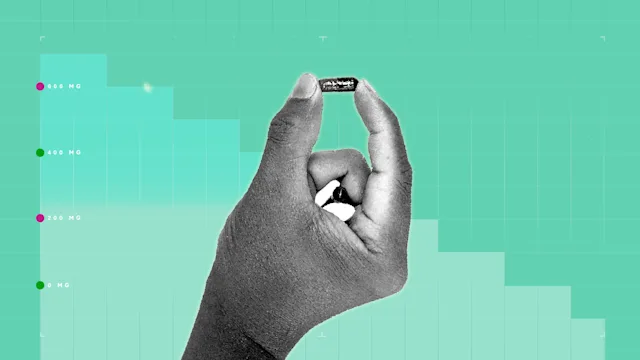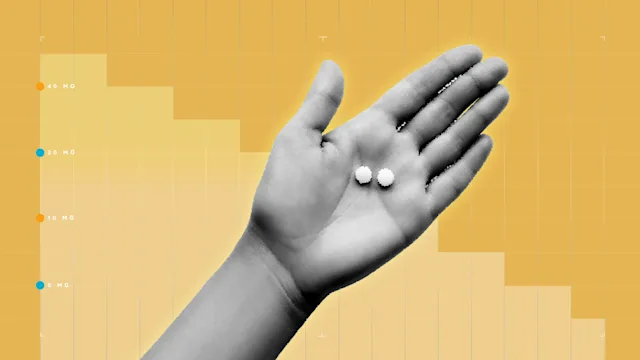Typically, ADHD in children becomes more noticeable and is first diagnosed around five to six years of age. In this video, pediatricians and mental health professionals discuss the symptoms, diagnosis, and treatment of ADHD in kids.
Dr. Diaz is a psychologist at NYU Langone Health.
Dr. Samuels is an assistant professor of clinical psychiatry and clinical pediatrics at Weill Cornell Medicine and an assistant attending psychiatrist at NewYork-Presbyterian Hospital.
Dr. Watkins is a psychiatrist at Massachusetts General Hospital, where she's the Associate Director of The Clay Center for Young Healthy Minds, and was previously the Associate Training Director of the Child and Adolescent Psychiatry Residency Training Program.
Preeti Parikh, MD is the Executive Medical Director at GoodRx and served as the Chief Medical Officer of HealthiNation.
Dr. Patel is a pediatrician at New York Presbyterian-Morgan Stanley Children's Hospital.
References
ADDitude Mag. (2023). Stimulant strategies.
ADDitude Mag. (2021). How is ADHD diagnosed?
American Academy of Pediatrics. (2021). Non-stimulant medications available for ADHD treatment.
Child Mind Institute. (2023). Behavioral treatments for kids with ADHD.

Why trust our experts?


Search and compare options












